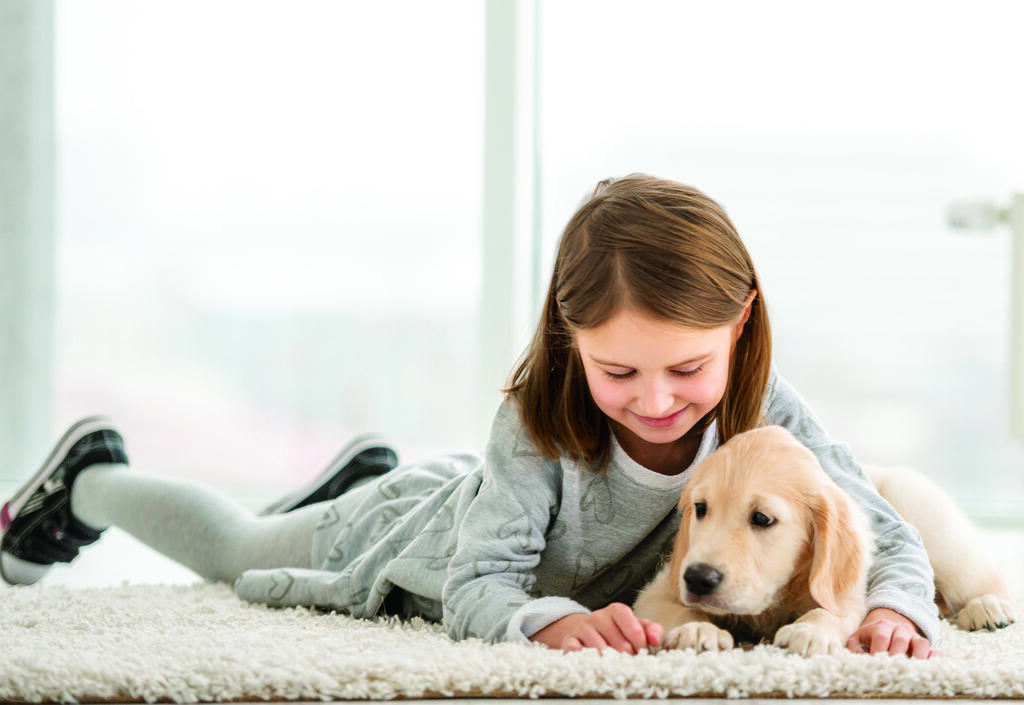Pets are undeniably lovable, bringing joy to many homes as they eagerly greet their owners and become cherished members of the family.
However, while common belief has held that owning pets—primarily dogs and cats—can positively influence the health and development of both adults and children, recent research challenges this notion.
A new study led by Prof. Carri Westgarth from the University of Liverpool, published in BMC Pediatrics, explored the impact of pet ownership on child development. The research followed 14,000 children and adolescents in the United Kingdom over several years, making it one of the largest studies of its kind.
The study builds on a 2017 review by the same university, which analyzed dozens of studies examining pets' effects on children's behavior, cognitive skills and social development. That review found inconsistent results—some studies suggested positive impacts, while others did not—and highlighted methodological flaws, such as insufficient consideration of socioeconomic and demographic factors like family income and parental education.
The new research addressed these gaps by focusing on environmental factors that could skew results. It also expanded the scope and depth of its analysis, evaluating participants multiple times between the ages of 2 and 15. The study assessed emotional health, social behavior, cognitive development, language skills and academic achievement. Data included both self-reports and external evaluations.
Prof. Westgarth and her team hypothesized that children with pets would score higher in self-confidence, language development and academic performance while showing lower levels of anxiety, depression and behavioral problems. However, the findings revealed limited positive effects—and, in some areas, worse outcomes for children with pets.
Key findings:
Emotional health: The study found no evidence that pet ownership enhances emotional well-being. Researchers noted this contradicted the popular belief that pets benefit children's emotional health.
Behavioral issues: Most analyses showed no significant differences in behavioral problems between children with and without pets. One exception was among three-year-olds with pets, who displayed better pro-social behavior. However, in several other age groups, children with pets were found to have more behavioral issues.
Cognitive development: No meaningful differences were identified in cognitive development between children with and without pets, except for an isolated negative finding. Eleven-year-olds who grew up with dogs exhibited greater difficulty switching attention between tasks.
Language development: Some small benefits were observed in language development. Five-year-olds with pets showed slightly better language comprehension, while two-year-olds with pets scored higher in nonverbal communication. For other language-related measures, no significant differences emerged.
Educational achievement: The most surprising results were related to academic performance. Children aged 7, 11 and 15 who grew up with pets scored lower on about half of the educational metrics compared to their peers without pets. For example, seven-year-olds with pets had lower scores in reading, writing and math. Adolescents with pets showed slightly lower achievement in subjects such as biology, chemistry and English.
Get the Ynetnews app on your smartphone: Google Play: https://bit.ly/4eJ37pE | Apple App Store: https://bit.ly/3ZL7iNv
A comprehensive article published this month in Psychology Today highlights the disconnect between the emotional bond people feel with their pets and the scientific evidence on their developmental benefits. This phenomenon, dubbed the "Pet Effect Paradox," is a central puzzle in anthrozoology—the study of human-animal relationships. It resonates deeply with those who grew up with pets, felt enriched by the experience and hope to provide the same for their children.
Prof. Westgarth is quoted in the article attempting to reconcile this paradox. "My personal takeaway is that, similar to the body of literature in adults, pets can support and encourage social interactions with others, but are not a panacea for treating our low moods or anxieties about life. What this data can’t tell us is how owning a pet may still help comfort children whilst dealing with life’s challenges."



